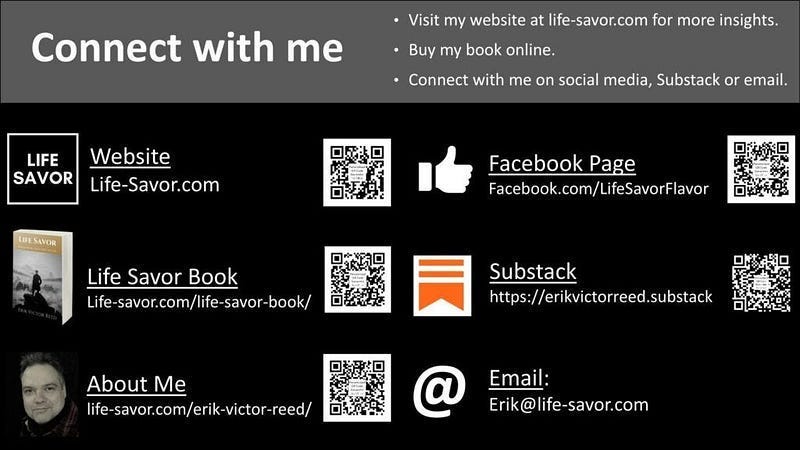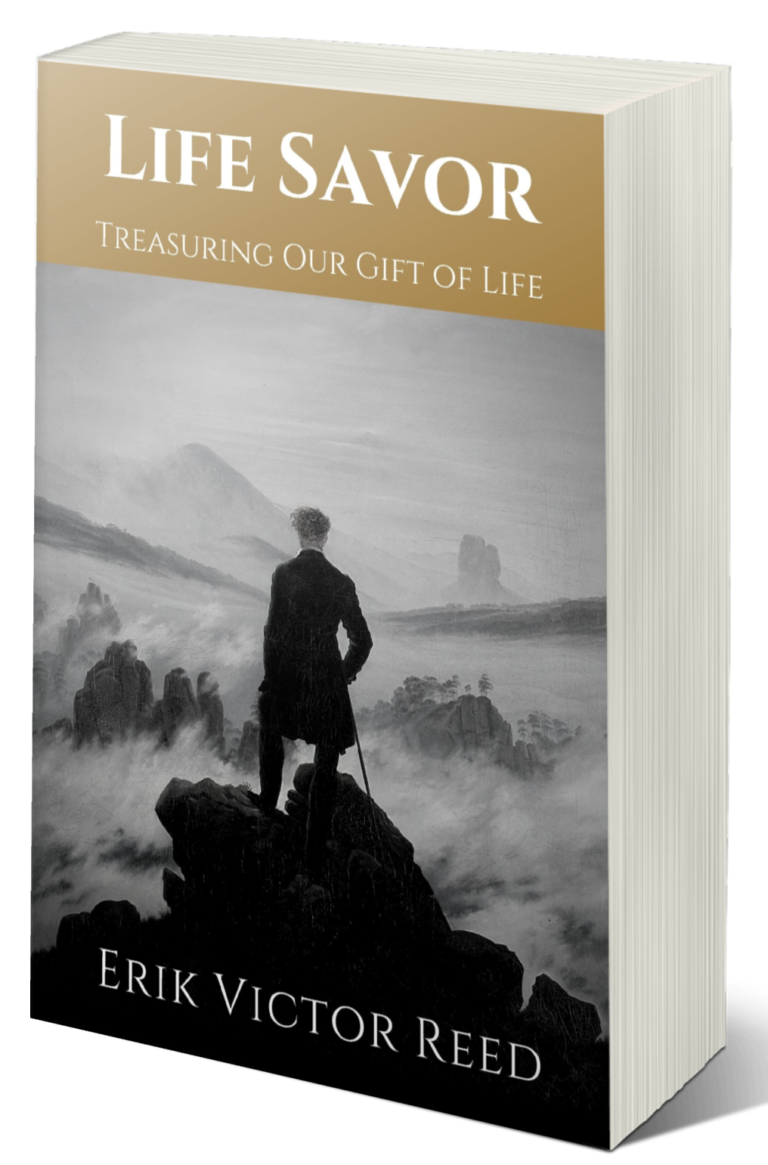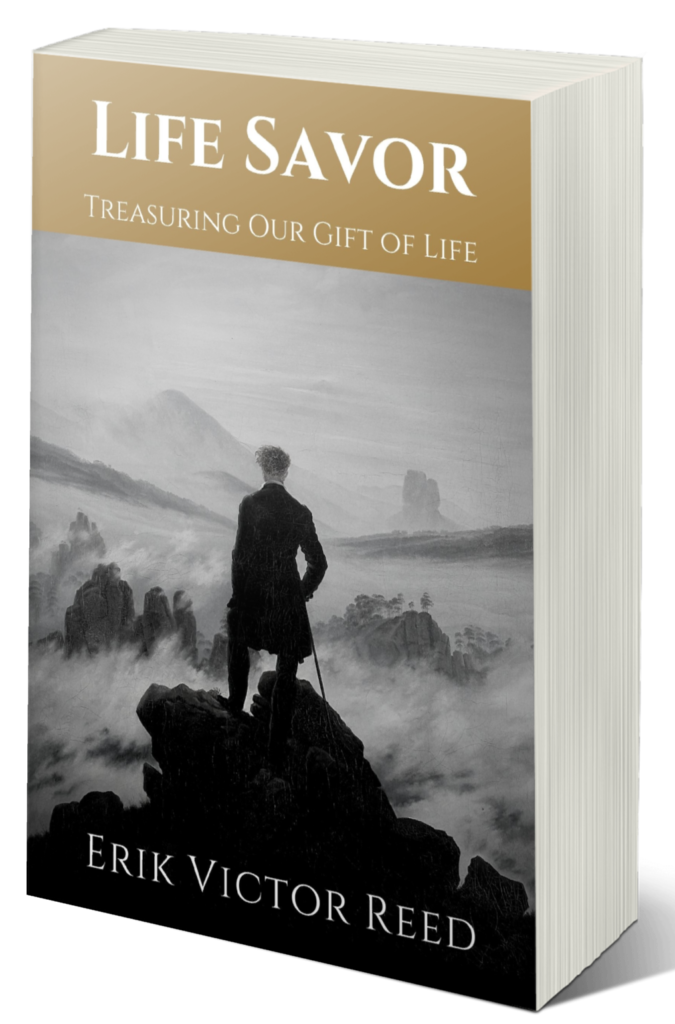A Triad from Aristotle, Nietzsche and Rilke
Instead of one long essay, today I’m sharing three short reflections tied together by a common thread. Think of it as a triad—three perspectives that complement each other.
1. Aristotle on Friendship
“Without friends, no one would choose to live, though he had all other goods.” — Aristotle
For Aristotle, friendship wasn’t optional. It was central to a flourishing life. We might have wealth, health, success — but without people to share it with, life would lose its savor.
Friendship, at its highest, is not about usefulness or amusement. It’s about mutual recognition of goodness. A true friend is someone who sees your best self, believes in it, and calls it forth. And you do the same for them.
This is why love and friendship feel so essential. They are not luxuries added to life. They are part of the structure of what makes life worth living. Without them, even abundance would feel empty. With them, even hardship can feel bearable.
Reflection: Who in your life has called forth your best self? How might you show them gratitude today?
2. Nietzsche on Creation
“One must still have chaos in oneself to be able to give birth to a dancing star.” — Friedrich Nietzsche
Nietzsche’s words remind us that creation is not neat or easy. It begins in chaos — in confusion, questions, restlessness, longing. But from that turbulence, something luminous can emerge.
This is the joy of making: the messy draft that eventually becomes a poem, the scattered notes that grow into a symphony, the trial-and-error that produces an invention. Creativity is not the absence of disorder. It is the transformation of disorder into beauty.
And when we create, we not only make something outside ourselves — we discover something within. The dancing star we bring into the world also lights up our own being.
Reflection: What “chaos” in you might be waiting to be shaped into a star?
3. Rilke on Purpose
“The purpose of life is to be defeated by greater and greater things.” — Rainer Maria Rilke
At first, I didn’t like the word “defeated.” But the more I thought about it, the more I saw unexpected depth in Rilke’s intention.
Rilke, the poet of the soul, saw purpose not as conquest but as surrender. The aim of life is not to avoid defeat, but to be undone by what is worthy of us — by beauty, by love, by awe.
This is a radical view. In a world obsessed with winning, Rilke invites us to measure ourselves not by victories but by the grandeur of what moves us. To be defeated by love is no failure. To be overcome by wonder is no loss. To be undone by the sheer preciousness of existence is the highest kind of triumph.
Purpose, then, is not always about control. It is about direction. It is about orienting ourselves toward what is big enough to defeat us — and letting it expand us in the process.
Reflection: What greater thing might you allow yourself to be “defeated” by? What would it mean to surrender to awe?
The Thread Through All Three
Aristotle shows us that love makes life livable. Nietzsche reminds us that creation is the dance born of our chaos. Rilke insists that purpose is not about winning but about surrender to what enlarges us.
Together, they sketch a vision of life not as a checklist, but as a celebration: loving, creating beauty, and living toward purposes so vast that they overwhelm us.
Closing Thought
We don’t need to invent new slogans. The wisdom is already here, carried in voices across centuries. Aristotle, Nietzsche, and Rilke — so different, yet all point toward the same truth: life is not about safety or control. It is about depth.
To love, to create, to surrender to purpose — these are not side dishes in the feast of life. They are the banquet itself.
For more like this, visit the broader project at life-savor.com, or explore the Life Savor book itself.
To learn more about Life Savor’s philosophy,
read Life Savor: Treasuring Our Gift of Life by Erik Victor Reed.








